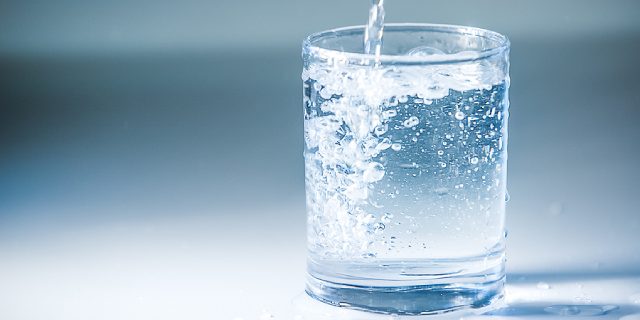Clean and safe drinking water is vital for healthy living. Fortunately, clean water can now be readily accessible with the help of water purifiers. Water purifiers are an excellent way to eliminate contaminants and enhance tap water quality. Alkaline water purifiers in Singapore are particularly popular for their excellent cleaning ability and enormous health benefits.
There are various water purification methods, each of which has its advantages. However, it is crucial to remember that not all water purifiers are identical. To help you determine what water purifier you should buy, here are three main types of water purifiers you can easily find online or in your local stores.
1. Reverse Osmosis
Reverse osmosis (RO) is the most popularly known water purification method. RO systems work by having highly pressurised water pushed through a semi-permeable membrane that serves as a screen as clean water passes through and dangerous contaminants are left behind.
The RO process is very effective at eliminating contaminants. However, it also tends to eliminate the healthy minerals in your water. For this reason, it is a great idea to utilise an RO system with remineralisation technology to add healthy minerals to your water.
2. Distillation
Distillation is another common type of water purification that causes the separation of contaminants from the water through boiling. Boiling removes contaminants from the water, resulting in steam. The clean steam is collected by water purifiers that utilise distillation, and it is then condensed into liquid water that can be drank or used in other ways.
Although distillation removes microorganisms, minerals, and chemicals with a high boiling point, they often do not eliminate volatile organic compounds (VOCs), which harm human health since they can damage the central nervous system and other organs and even lead to cancer. Because of this, distillation systems may require extra filtration before they are used.
3. Ultraviolet
As its name suggests, an ultraviolet (UV) water purifier uses UV light to kill different microorganisms in water, such as viruses, bacteria, cysts, and parasites. UV light pierces these microorganisms’ cell walls, damaging their DNA and preventing them from reproducing or killing them directly. The dead microorganisms stay in the water, but they are harmless.
However, just as distillation does not eliminate VOCs, UV water purifiers also have limitations. Usually, they can only kill microorganisms, but they are not as effective at removing other contaminants, such as fluoride, chlorine, and inorganic materials like metals. You would likely need to combine a UV water purifier with another system to eliminate these contaminants.
Conclusion
Water purification comes in various methods, each of which has pros and cons. By knowing the different types of water purifiers and their advantages and disadvantages, you can have a better and more informed choice of what water purification system is ideal for your and your family’s clean water needs.
For the best and most premium-quality water purifiers in Singapore, Wells is the brand you can trust! Wells offers a wide selection of water purifiers and cold and hot water dispensers to deliver the safest and most excellent drinking water you and your family need. Aside from this, we also provide the most effective air purifiers for home use. Get in touch with us today to learn more about our unique products!



